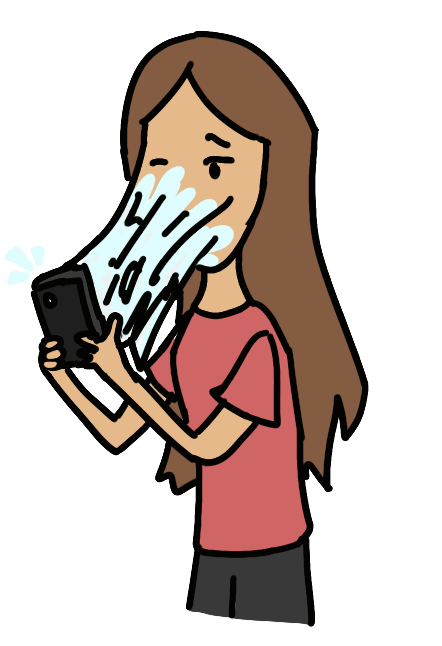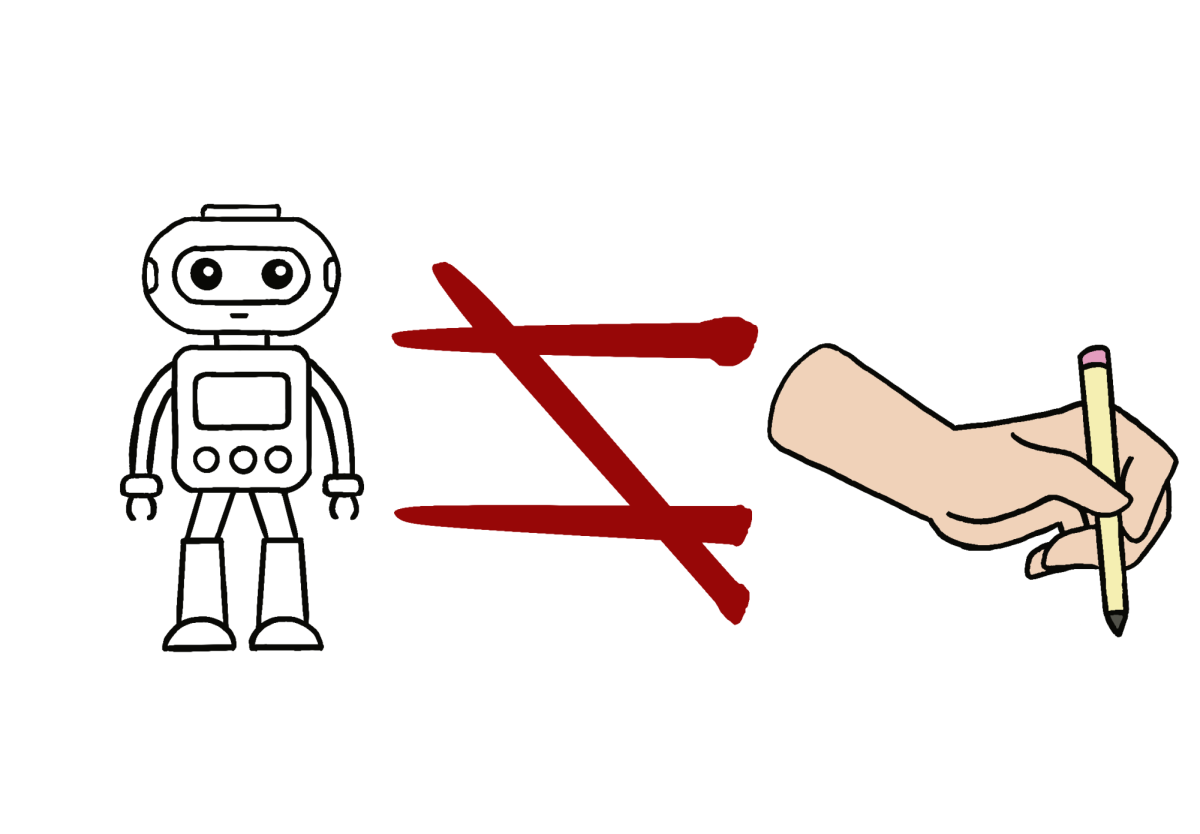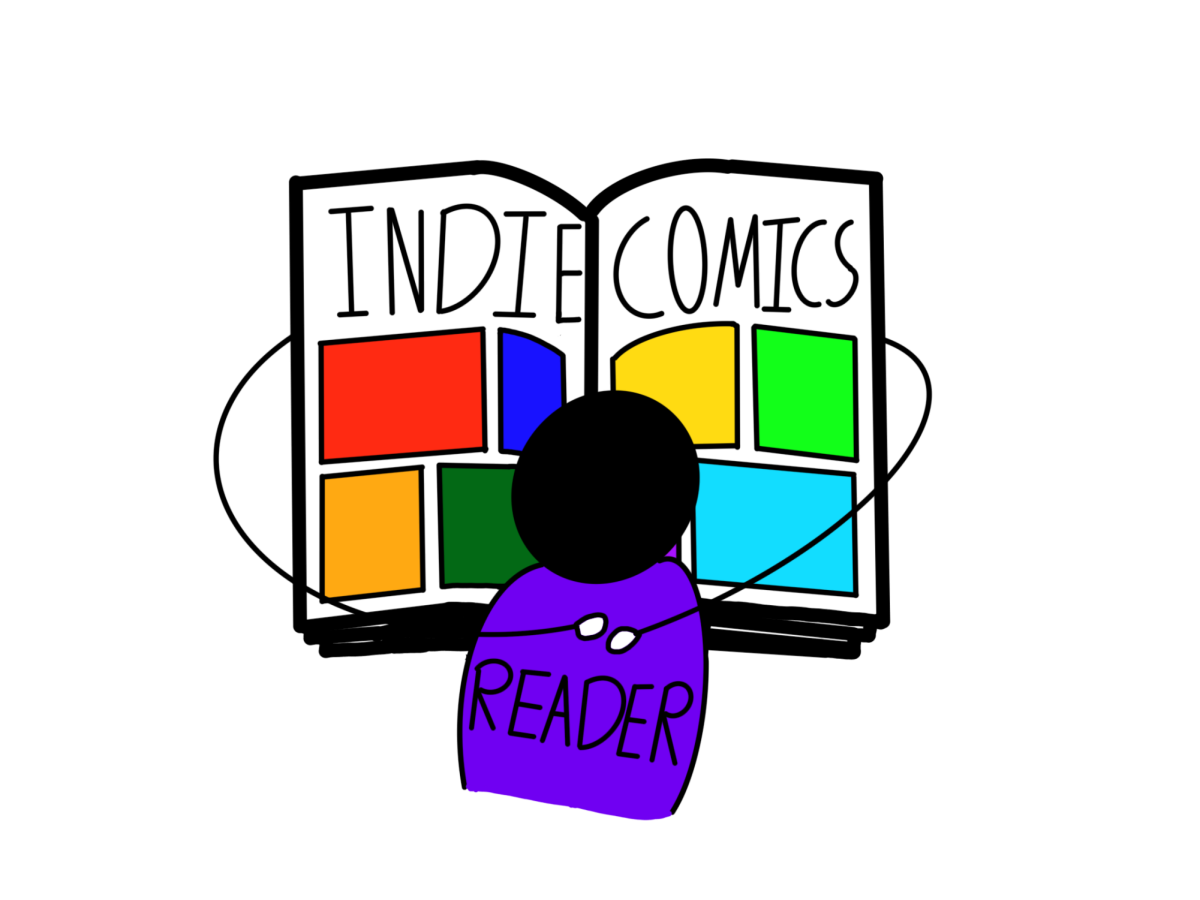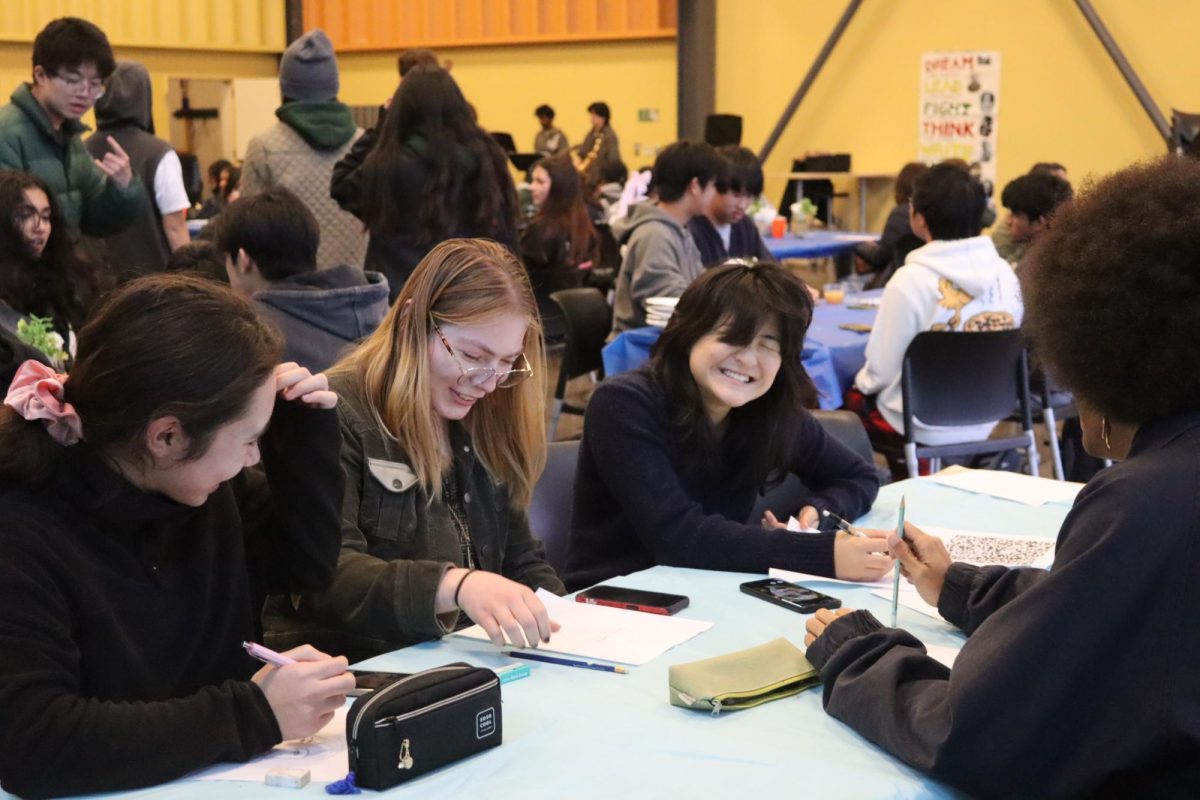Growing up surrounded by technology of various forms, such as online school assignments and virtual calls, I have noticed a growing number of social media users and apps trying to reel me in through a variety of unique interfaces and algorithms.

These platforms, such as TikTok, YouTube Shorts and Instagram, have found a way to maximize their user engagement while making it easy for creators to gain popularity through short videos and influencer advertisements.
With a “For You Page” containing 30-second videos, celebrities or new influencers making content and a never-ending content page, it is easy to accidentally stay on these apps for more than a few hours. Research shows that the average teenager’s attention span has decreased from 2.5 minutes to 47 seconds in past years due to the popularization of online presence and social media, according to Promo.
Although some of these apps promote positivity and even provide health tips and tricks, the infinite scroll platform creates a habit of overuse and addiction. As a social media user myself, I have experienced wanting to scroll TikTok or Instagram multiple times throughout the day, even if there is nothing important to be done or learned on the app.
As a senior in high school, this is a huge problem for my work ethic and productivity. Additionally, it takes a toll on my mental health, as I do not feel satisfied at the end of the day if I do not get enough homework or studying done. A dependence on social media to fulfill short-term cravings for entertainment can build up and eventually harm my grades, quality of work and overall motivation to get things done.
Watching short, funny videos can be entertaining and distract me from other stressful parts of my life. However, the need to keep scrolling through videos and receive satisfaction produces a dopamine loop, according to Psychology Today. Over time, the usage and addiction of these apps make it harder to focus on fulfilling hobbies such as swimming, reading or hanging out with friends and family.
Despite this, finding the right balance between relaxation and addiction is ultimately up to the individual users themselves. By setting up screen time limits on these apps, users can avoid overuse of and dependence on social media, setting up solid boundaries for themselves.
Personally, I find it difficult to employ this self-control. Time management is harder than it sounds, and it is important to realize that a solution to this addiction is not immediate, but rather requires a gradual, day-by-day management of social media usage.
I set up one-hour limits on my apps without a password, just so I can be reminded of how long I have been on my phone. This in itself helps a lot, as it keeps me disciplined on how much time I have wasted and reminds me to get back on track.
Recognizing and being aware of how these apps impact our daily lives and habits can help users enjoy the benefits while maintaining their independence, creating a healthier balance between social media usage and productivity.















